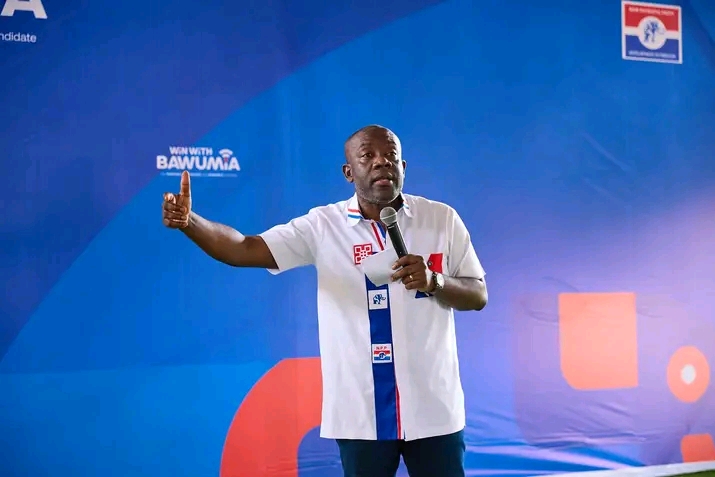By: Kenneth Appiah Bani
An Appeals Court Judge, Justice Alexander Osei Tutu, has revealed that under Ghanaian law, husbands who find themselves in financial distress have the legal right to seek maintenance or financial support from their wives through the courts.
Justice Osei Tutu explained that the Matrimonial Causes Act, 1971 (Act 367) makes provision for either spouse not only wives to apply for financial relief or maintenance in times of need.
He clarified that the law recognizes the mutual responsibility of spouses to support each other, especially in cases where one partner becomes incapacitated, ill, or unable to maintain themselves. “The law does not discriminate on the basis of gender. It allows a husband, just like a wife, to seek support if the circumstances demand it,” he stated.

According to the judge, this provision aligns with the modern understanding of marriage as a partnership built on equality, shared responsibility, and mutual care. He added that while such cases are rare, the courts have the power to order a financially capable spouse whether male or female to provide maintenance to the needy partner.
Legal experts note that although the practice has traditionally seen wives seeking support from their husbands, the law’s language is gender-neutral. This means that, in principle, a husband who can prove genuine need and dependency may obtain a maintenance order from the court.
Justice Osei Tutu’s revelation has sparked discussions across social media and legal circles, with many Ghanaians surprised to learn that men, too, have the right to claim maintenance under existing law.
The Matrimonial Causes Act, 1971 (Act 367) governs issues of divorce, separation, and financial relief in Ghana, and empowers the court to ensure fairness and justice between spouses, regardless of gender.
Reference: Ghana Constitution Matrimonial causes Act, 1971 (Act 367)






